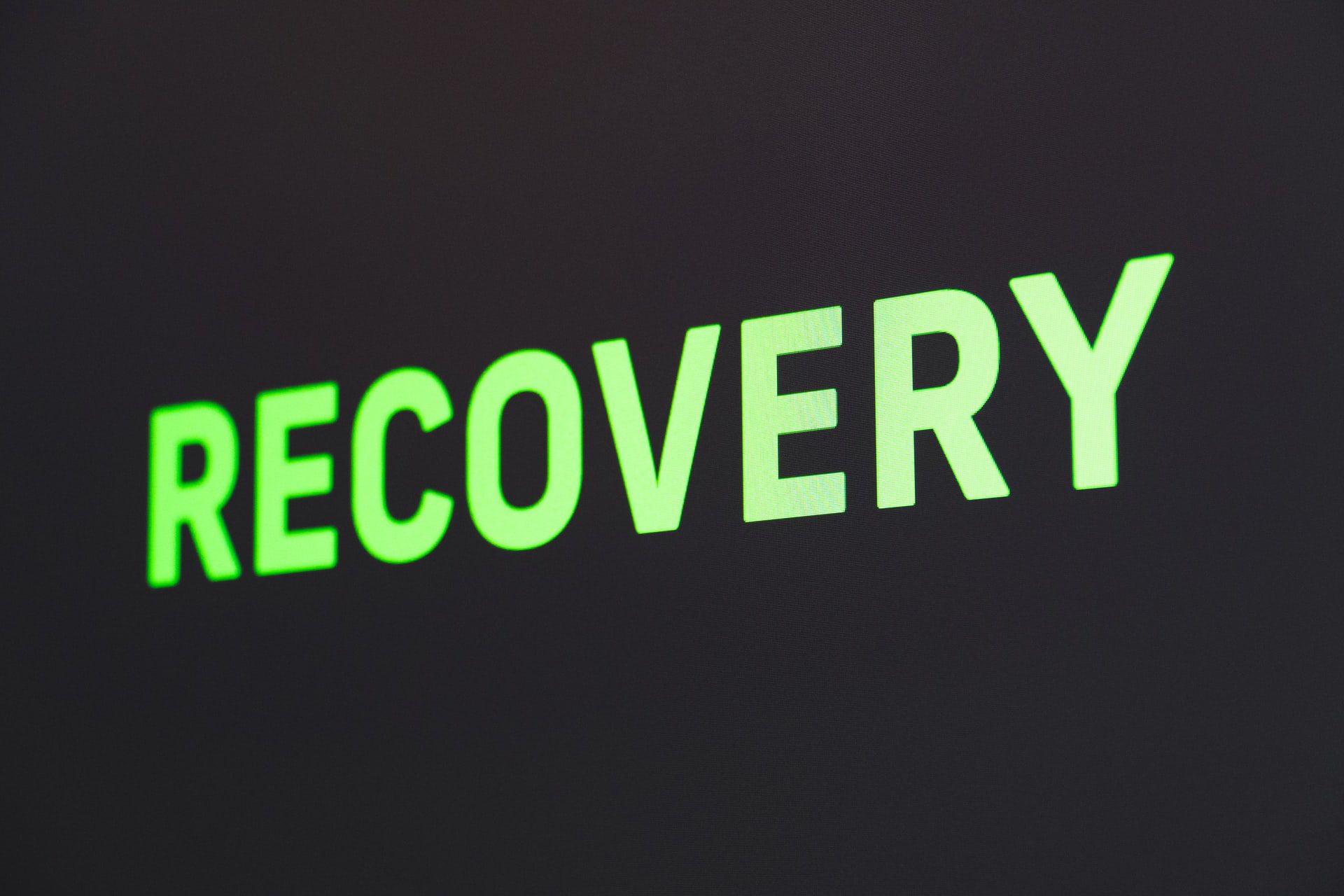Drug abuse is associated with a string of negative effects on individual users, families, society, and the broader nation. One area that has often been neglected in research is the effects of drug abuse on health care. This post will answer the question, How Does Drug Abuse Affect Health Care? This includes the professionals, services, costs, and facilities.
How Does Drug Abuse Affect Health Care?
Many drug abusers and addicts come to mainstream healthcare settings, such as emergency departments, primary care, and hospitals, with various disorders and conditions. Drug and substance abuse is found to complicate other medical conditions. Therefore, healthcare providers are always at the forefront of enabling early identification and management of drug abuse. This is an effort aimed at improving healthcare outcomes and lowering healthcare costs.
According to various studies, primary care addicts with moderate or mild drug abuse increase their chances of experiencing other medical conditions. Generally, drug abuse and health care are intertwined in so many ways.
Health Care Systems And Drug Abuse

There are many factors behind healthcare costs associated directly with drug abuse. For instance, hospital stays during treatment for addiction and therapy, injuries due to accidents related to drug abuse, and other medical conditions due to overdoses all increase the cost of healthcare.
Accordingly, recent research indicates that the youth are at higher risk of death due to homicide, accidents, diseases, and suicide due to drug abuse. Additionally, addicts also engage in risky decisions, poor judgment, and impulse control that put their lives and others at risk. All these put a lot of pressure on healthcare systems and medical facilities.
Effects On Health Care Providers
Apart from increased workloads and pressure, healthcare providers find themselves in a tough spot due to the ease of accessing drugs.
Healthcare providers struggling with drug abuse often risk facing significant consequences for themselves and their patients. The impact on patients may even be worse. This means that healthcare providers struggling with drug abuse need more intensive and specialized treatment.
Effects On Health Care Costs
As suggested earlier, drug abuse is often associated with many other medical conditions. For instance, injuries that result from accidents, overdoses, and diseases, such as cancer and HIV/AIDS, are known complications that follow drug and substance abuse. Federal and state governments cover a majority of these costs.
When you consider all these costs, drug and substance abuse costs billions of dollars annually. Insurance may cover part of the costs. However, the burden on health care often weighs down on the services.
What Is The Outcome?
Conventionally, services for preventing and treating drug abuse disorders were offered in separate facilities or departments. However, the increasing effects of drug abuse on healthcare systems necessitate the need to integrate such services with general healthcare systems.
Experts argue that the integration of treatment, prevention, and recovery services with general health care services can offer a solution to drug abuse and its effects on health care. This is one of the most effective ways of enhancing access to quality treatment of drug abuse-related conditions.
Since drug abuse disorders are intertwined with various medical conditions, taking an integrated approach to treatment for addiction offers a more promising solution.

